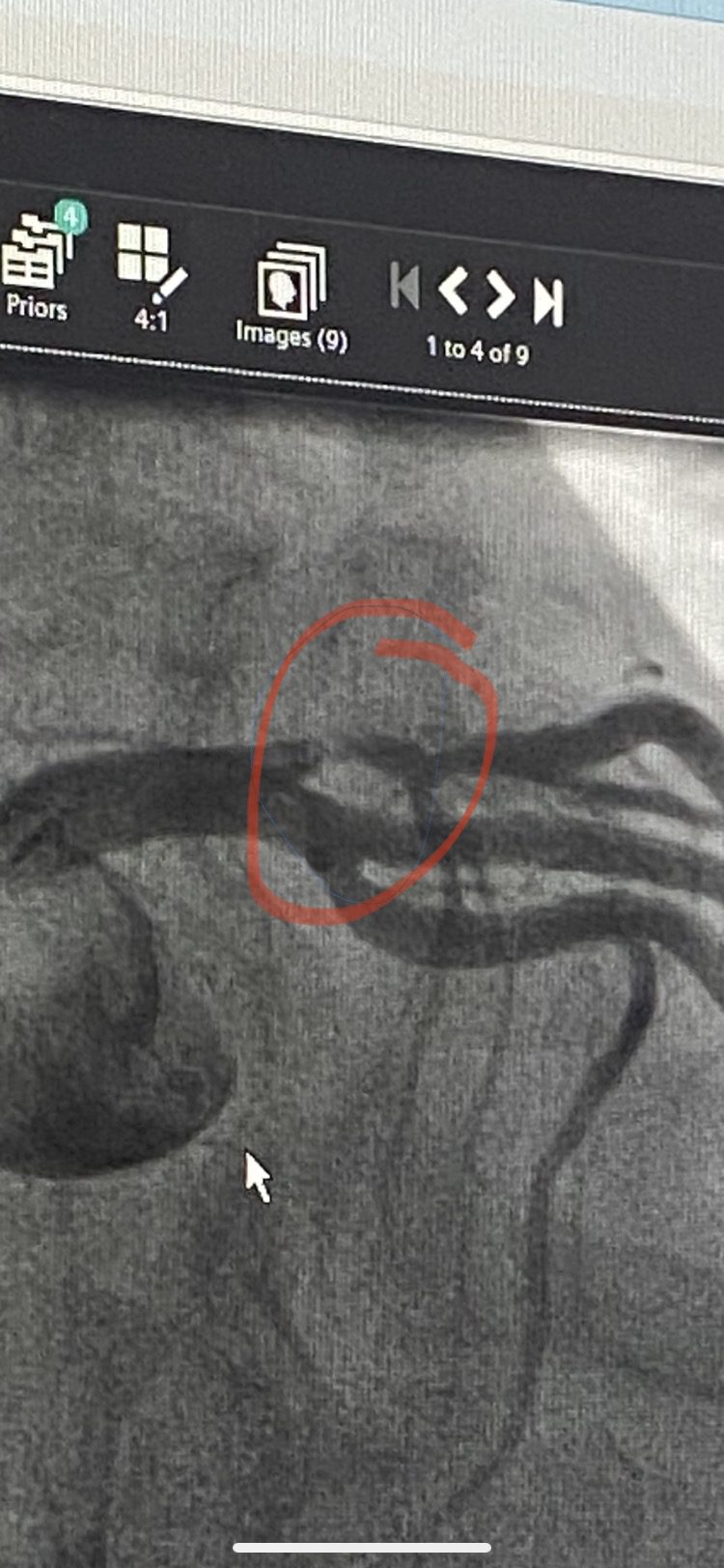Getting to the heart of the story for women

BY MARY BETH SCHNEIDER
I should have died this past summer. Not the illness kind of death, but the drop-dead kind that makes everyone ask “What happened? She was so fit!” Thankfully, it wasn’t my time. I survived to share my story and alert women everywhere, young and old, of a dangerous, life-threatening condition that the medical community sometimes ignores in females.
I have always been an active person who slowly stopped playing tennis, pickleball, and even my beloved water aerobics because it took too much out of me. I continued to swim a mile a few times a week, so I was not too worried until my daughter pointed out that I was no longer kicking hard.
I called my doctor. “Could I have a problem with my heart?” I asked. I was 64, did not have a history of heart issues, ate a healthy diet, did not smoke, and was not overweight. My cholesterol was elevated, but the doctor assured me that the bad number was within range.
To be safe, he ordered a stress test utilizing dye, not the heart-pounding exertion, in case I had a problem. I passed the test, and my EKG was “pristine” according to the nurses. That was in 2020.
I went on with my life assuming I was all right. However, I continued to have some shortness of breath, which last winter began to include other subtle symptoms: tightness in my arms, nausea, sweating at times, and jaw pain in the morning. I contacted my doctor and he suggested another EKG and an echocardiogram, both of which were normal.
I had just endured a grueling two years of family illness and death. Thus when the diagnosis of stress became the ongoing consensus, I tried to go along with the doctor’s assessment even though I was convinced it wasn’t accurate.
I finally decided that the only way to be 100 percent sure there were no blockages was a heart catheterization – an invasive test that can trigger a heart attack or stroke. I was willing to take the risk for peace of mind, if nothing else.
I contacted the Cleveland Clinic, which has a top rating in the field of heart disease and was able to get an appointment with one of their interventional cardiologists. In our initial meeting, the doctor was skeptical. “You realize stress can cause all of your symptoms,” he said, dismissively, as he stood up to end the meeting.
“If I was a man, would you say that given my symptoms?” I shot back.
“Okay, I’ll order a stress test.” He replied sitting down to write an order.
I was livid. “Doctor, I want a heart cath. I do not want to drop dead.”
Knowing the risks of a heart catheterization, he also understood the challenge I presented. My death would be on him. He scheduled a catheterization for the following Tuesday.
As I recall that visit, what frightens me the most is that a few days later I considered canceling the test. Was I overreacting? Was I wasting his time? I mentioned my fears to my daughter, and she thankfully said, “Don’t do that, Mom!”
After surgery to add a stent, I was awakened by the sound of one of the attending doctors pulling a computer close to my bed. “Mrs. Schneider, you are a very lucky lady. Your left anterior descending artery (LAD) was over 95 percent blocked.”
The picture was chilling. I realized when I saw the screen why the LAD is referred to as the widow maker.
You may wonder how this could happen to me when it is common knowledge that heart disease is the number one killer of women. Unfortunately, I now understand why. My friend’s husband of similar age and risk factors mentioned a slight jaw pain to his physician and was catheterized the same day.
I cannot fault doctors because they base decisions on data from years of research and extensive trials. However, those trials excluded women because authorities feared pregnancy and hormonal fluctuations could influence trial results. And today only 20 to 25 percent of women participate in clinical trials. In addition, 62 percent of women with heart disease do not have chest pain, but they do have symptoms that are often subtle and easy to ignore, such as nausea, indigestion, arm pain, jaw pain, and shortness of breath.
Sadly, heart disease has been rising among 35- and 54-year-olds.
My advice, ladies, is to please listen to your body. If you used to go up and down stairs, and now have to stop and catch your breath, it is a red flag. Ask for help, and if you’re not heard, ask someone else, and then someone else. And, most importantly, do not be afraid of bothering people or of being wrong. Please do not give up until you know in your heart of hearts that you are okay.
Your family will bless you, as mine has.
Writer Mary Beth Schneider is a resident of Placida and a former resident of Boca Grande.








